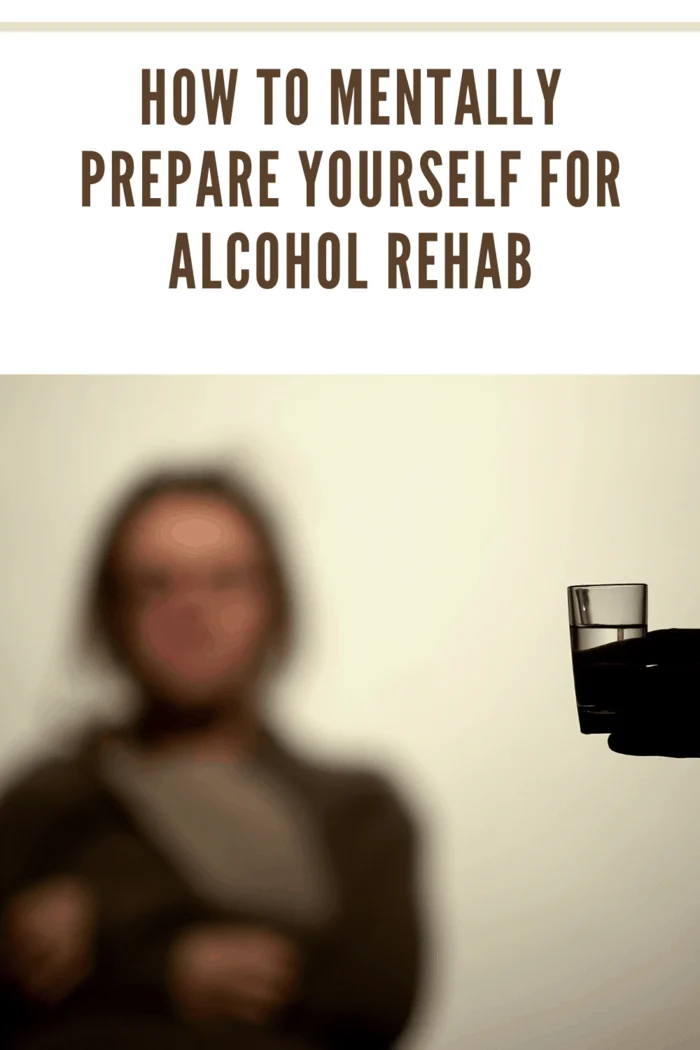Alcohol addiction is a highly treatable condition that has afflicted many Americans throughout the years. With over 14,000 treatment facilities in the United States, those suffering from addiction have various options when it comes to rehabilitation. However, some are still fearful to begin their treatment.
The thought of entering a rehab facility can feel scary, but understanding what will happen once you step inside may relieve your worries. The goal of each alcohol rehab program is to help individuals function in everyday life without depending on alcohol. These programs do this by helping you become more aware of your thoughts, feelings, and beliefs that led you to your addiction.
Most facilities try to establish an environment that’s conducive to healing so that patients can become more at ease. There are many factors to consider when choosing a rehab facility, including distance, the types of programs available, and even the location’s climate. For instance, if you prefer warm weather, you may want to consider going to an Arizona drug rehab facility, which suggests Better Addiction Care. You can enjoy the beautiful scenery as you begin the journey to sobriety.
As you wait for the day of admission, you may feel scared and nervous. These are all normal reactions and shouldn’t stop you from getting into the treatment program. To manage these feelings, here are some ways you can prepare.
What to Expect When You Enter Rehab
Most of the time, fear comes from the unknown. You can overcome this by learning what to expect once you enter a rehab facility.
Patient Assessment —
The initial process is assessing the patient’s drug history, mental health, and medical history to personalize the treatment. This is usually completed before admission, but sometimes a biopsychosocial assessment is given once you have checked in the facility.
Detox —
If you suffer from any withdrawal symptoms, you may be put in a medically supervised detox. You will be given medication to help relieve the pain of withdrawal. Once you are no longer showing signs of withdrawal, your psychotherapy care will begin.
Therapy —
The next care is through individual and group therapy sessions. Here, you are guided to explore what drove you to the addiction. It could involve working on past trauma or mental health issues.

Mental Preparations
Mentally preparing yourself for what lies ahead is a good way to ease your worries. You can do this by focusing on your objectives while undergoing treatment. A good practice is to remind yourself what benefits you will get by rehab. Another suggestion is to create a list of reasons why you should undergo an alcohol rehab program and read this to yourself every day as a constant reminder.
If you are feeling stressed, try relaxing techniques like taking deep breaths. You can also distract yourself with your favorite hobbies or by going for walks. Keep yourself occupied, and the change in scenery can do wonders for your mind.
Visualize Your Recovery
Another way to overcome the fear you are experiencing is by shifting that feeling into excitement. You can visualize your recovery and envision yourself sober through the power of positive thinking. This is also when you can start reading up on people with first-hand experiences and their recovery process. Learn more about their treatment and how they overcame their own struggles. It will fill you with hope and encourage you to keep going.
Build a Positive Support Network
As part of committing to a life of sobriety, you can also begin creating a strong and positive social support group. They can help you before you enter and once you leave the rehab facility. This group can include family members, friends, and coworkers. You also need to select these people carefully. They must be the first ones to encourage your sobriety, so they have to be clean themselves. You don’t want to be led astray or fall off the wagon.
As part of committing to a life of sobriety, you can also begin creating a strong and positive social support group. They can help you before you enter and, once you leave the alcohol rehab center, recommends UK-rehab.
You can benefit a lot from your support network while recovering. They can help you fight stress and be your sounding board when you struggle to stay sober. These are the people who can also keep you in check as they encourage a healthier lifestyle.
Take Care of Family, Work, and Financial Obligations
Another part of preparing for rehab is to take care of all your work, family, and financial obligations. If you are entering an in-patient rehab, you will stay there for at least a month. Depending on your condition, you can stay longer than 30 days. When you are away, you need to make sure that any work-related responsibilities are handled, your bills will be paid, and you have taken care of your family obligations.
You need to inform your employer that you will be gone for a few weeks. You may feel hesitant to express the reason for your absence, but it’s important to have open communication with those around you, including your coworkers. They will become an essential part of your support group that can help you throughout the recovery process.
If you are a parent and you have kids, talk to your partner about childcare. Ask help from a relative or a close friend about giving temporary care for your children. Settling these obligations will put your mind to ease while you are away.
You may feel like you need to settle a lot of things before leaving, but the truth is that these will help you feel more relaxed before entering a rehab facility. Cast your worries aside by mentally preparing yourself. The important thing is to focus on yourself and your treatment. The change in your lifestyle may challenge you along the way, but with a positive mindset and a good support system, you can overcome anything.
